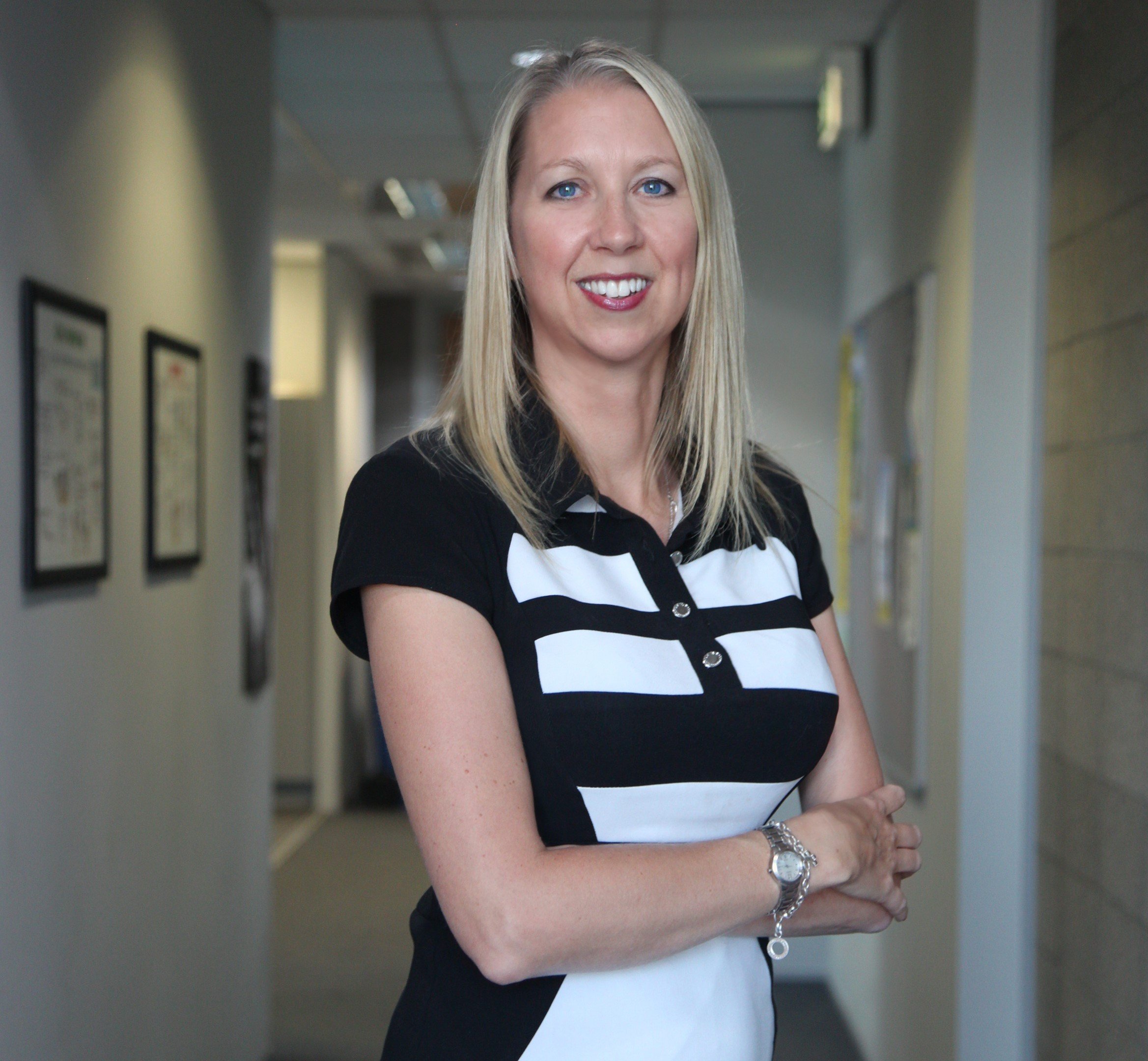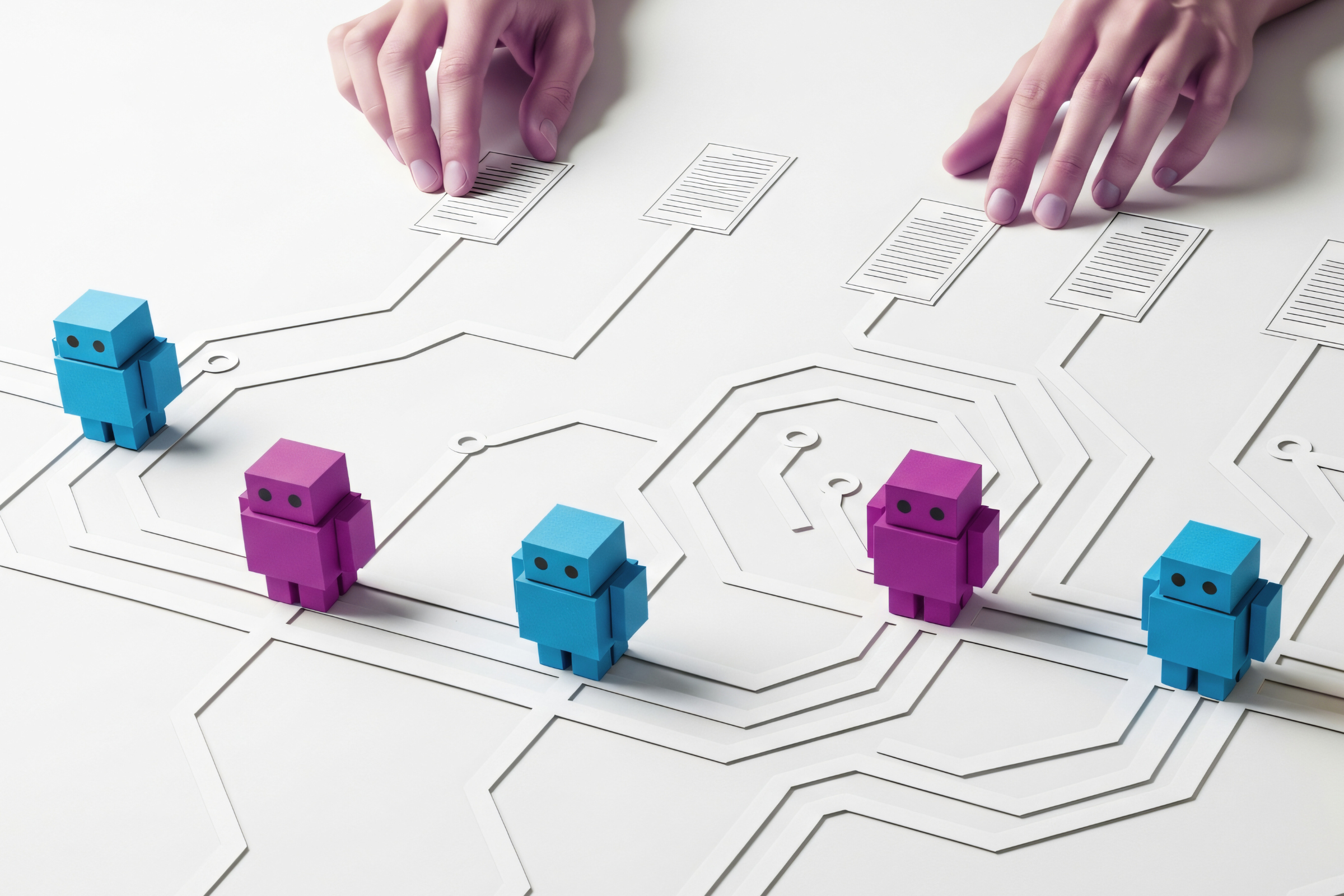Working hard to get something we don’t care about is called stress. Working hard for something we love is called passion.
Finding that balance is not always easy but after a health crisis and a dawning that the corporate world wasn’t for her, Julie Raine is now living - and working - her dream job.
Julie doesn’t do things by halves. She admits she’s a perfectionist, giving everything 110 per cent, but she is now learning that she needs to take care of herself as much as she does for her business.
Just over 22 months ago, Julie received a reality check when a lingering cold virus turned into something more sinister.
“The cold didn’t go away and I continued working, like you do, and it just didn’t get better. Somehow it affected my heart and after 10 months of tests, the cardiologist said I needed heart surgery."
That, she says, was her “epiphany moment”.
“It was my wake-up call. I realised that life was too short and my wellbeing too important.”
Julie had previously thought about quitting her job and going it on her own, but always found an excuse not to.
“Maybe next year… in six months… I won’t quit now it’s the holidays... and then there was the comfort of a salary,” she says
But with heart surgery forcing her hand, Julie finally quit her corporate job and took some much-needed time to reassess her future.
Not one to stay still for long, Julie used her downtime to set up a new business and four months after her surgery in April 2018, she launched JR Talks (JRT), using her experience and skills to level the playing field to help others achieve their best results in engineering business and personal careers.
“I’m taking on everything I’ve learned over 30 years in the industry to identify and eliminate barriers for growth within business and people,” Julie says.
“For some people and businesses, the path to success is easy, with resources to apply to competitive situations. But for others, the starting point isn’t equal, facing obstacles and barriers just to get on the pitch. JRT gives everyone an equal chance at winning the cup."
It wasn’t long though before Julie had stepped up the pace and was back on the work treadmill, incorporating her many “passions” such as chairing Engineering New Zealand (Auckland branch), conference speaking, training workshops and tender coaching.
With her mind brimming full of ideas and in constant overdrive, Julie eventually realised the need for what she terms ‘personal counselling’ for business and turned to Business Mentors New Zealand for help.
“People go for personal counselling for wellbeing and mental health so I see the Business Mentors as a similar philosophy,” she says.
“You can become very successful at business but you can become quite blinkered. A mentor will help you open those blinkers to new possibilities, new ideas and new ways of doing things.”
When she first met her Mentor, Business Mentors New Zealand CEO Craig Garner, Julie says he was completely ‘overwhelmed and exhausted’ just listening to her.
“The first thing he said to me was that I was too busy doing too many things. So, he suggested that I re-evaluate.”
Julie’s business incorporates the many skills drawn from her own life experiences, including the difficulties she faced as a woman in a man’s world. She speaks on diversity, inclusion, wellbeing and mental health at conferences, providing businesses with a roadmap for better diversity and inclusion within their workplaces.
She runs training workshops for minorities to succeed in the workplace and to improve individual performance with resilience, confidence and networking. She has also worked alongside immigrant engineers who were struggling to understand the New Zealand culture and gain employment.
Julie gets a huge amount of joy and satisfaction from helping others, and none more so than the mainstay of her business – securing tenders for businesses and corporates.
Last year, she secured a $13 million contract for a small family construction business and is still brimming with excitement as she talks about how she “levelled the playing field” by upskilling the business, providing the know-how on tender strategies and the industry, to give them their chance to win.
“This win will make a huge difference for the business, their family and the local economy. And that makes me feel really good.”
Julie says upskilling a business and training their existing staff is her point of difference.
“So, the next time they are responding to a tender, they are in a much better position to win.”
Craig says when Julie first came to see him, his biggest concern was that her business workload, combined with all her ‘passion’ projects, was putting her on the pathway to a heart attack.
“She needed to work out where the money was, pull back on all the committee roles and focus on the tenders,” he says.
Having a business mentor helped Julie prioritise her business and she says her experience with Craig has been invaluable.
“Every time I meet with Craig, I always come away with an ‘aha’ moment. I offload all my thoughts, projects, passions and aspirations and he listens to me, and that’s why I refer to it as counselling.”
She says having a mentor is about speaking to someone as a sounding board, bouncing ideas off each other and working together for what’s best for your business.
“I don’t think it matters whether you are a one-man band, a new business or a business that’s been going a number of years – if you have the opportunity to work with a mentor, they can help you see things through a different person’s eyes.”
Julie’s love for what she does resonates in her voice as she relays the story of her own upbringing, her journey to where she is today as a successful business women “starting right at the bottom” and the prejudices she faced along the way.
Born in the small coal mining village of South Kirkby, Pontefract, in England, Julie left school at 16 without qualifications and with no idea of what she wanted to do.
She signed up for a secretarial course alongside her best friend, where, as luck would have it, her sketching skills were spotted by a teacher, who then secured her a position half a day a week on reception at the local mining company, which she “hated”, and half a day in the drawing office, which, of course, she loved.
After a three-month trial, Julie returned to college, signing up for an engineering course in order to continue her love of technical drawing - the only girl in the class.
They were the first steps to what would become a 12-year slog towards a civil engineering degree - the first six years spent gaining enough qualifications to enter university and then another six earning her degree. All whilst working full time in the engineering industry.
“Before college I didn’t have a chance of a professional career, but as soon as I started engineering, my mindset was to keep going until I started failing my exams,” she says. “The longer the journey became, the more determined I was to succeed.”
As a woman in a man’s world, Julie was in the minority, and excluded and bullied by her co-workers along the way, but her passion, vision and determined spirit kept her focused, her experiences in the male-dominated workplace planting the seeds for what is now the focus of her JRT speeches and training workshops on diversity and inclusion.
Getting to this point in her career was a challenging road for Julie, with every turn a new obstacle. She had to learn how to overcome barriers, prejudices and turn a deaf ear to onlookers who said it could never be done.
But, she says, if you are prepared to put in the work, have strength, focus and determination – anything is possible!
Julie has just returned from her latest (ad)venture - a visit to England to launch an historical and educational book on a school during the 19th Century. The book covers 100 years of teaching and is a historical look at the infrastructure of the small coal mining village of South Kirkby where she grew up and started her career. Her grandfather originally wrote about the infrastructure, her father wrote about the school, “The Northfield Log”, which was published 25 years ago, and which Julie has now added her own perspective of - including pictures she drew as a nine-year-old, stories from its pupils and a tribute to her dad, Jim Hutt.
“It was my turn - the third generation. Now it’s been passed to my daughters to write the fourth generation in the next 20 years!”
Julie’s 3 key takeaway points for you and your business:
Confidence - Have confidence in yourself and if you are not confident, learn how to look confident. Looking confident can make a huge difference in your career and when presenting to your peers. Remember to walk confidently into a room (head up, shoulders back and smile) - walk with presence and speak with authenticity.
Network - Stay up to date with your industry. It’s not good enough these days just to be at your desk and good at your job. You need to network effectively, know who’s who, how the local and national economy is doing and who the decision makers are. Having this kind of knowledge is invaluable and will help you and your business grow.
Tenders - Submitting tenders is costly. It takes time, effort and people away from their day jobs. So have a tender strategy in place, don’t bid everything. Position yourself with potential clients (that’s where your networking will come in handy), Start planning early, no last-minute submissions. Finally, some clients will ask you to present your tender submission in a presentation setting, which is where you need to look confident and sound confident.
Make sure you are starting the line-up with as much knowledge and power as the people and businesses in the other lanes – an equal chance of winning. Start ‘levelling the playing field’ and run your best race!






.png)
